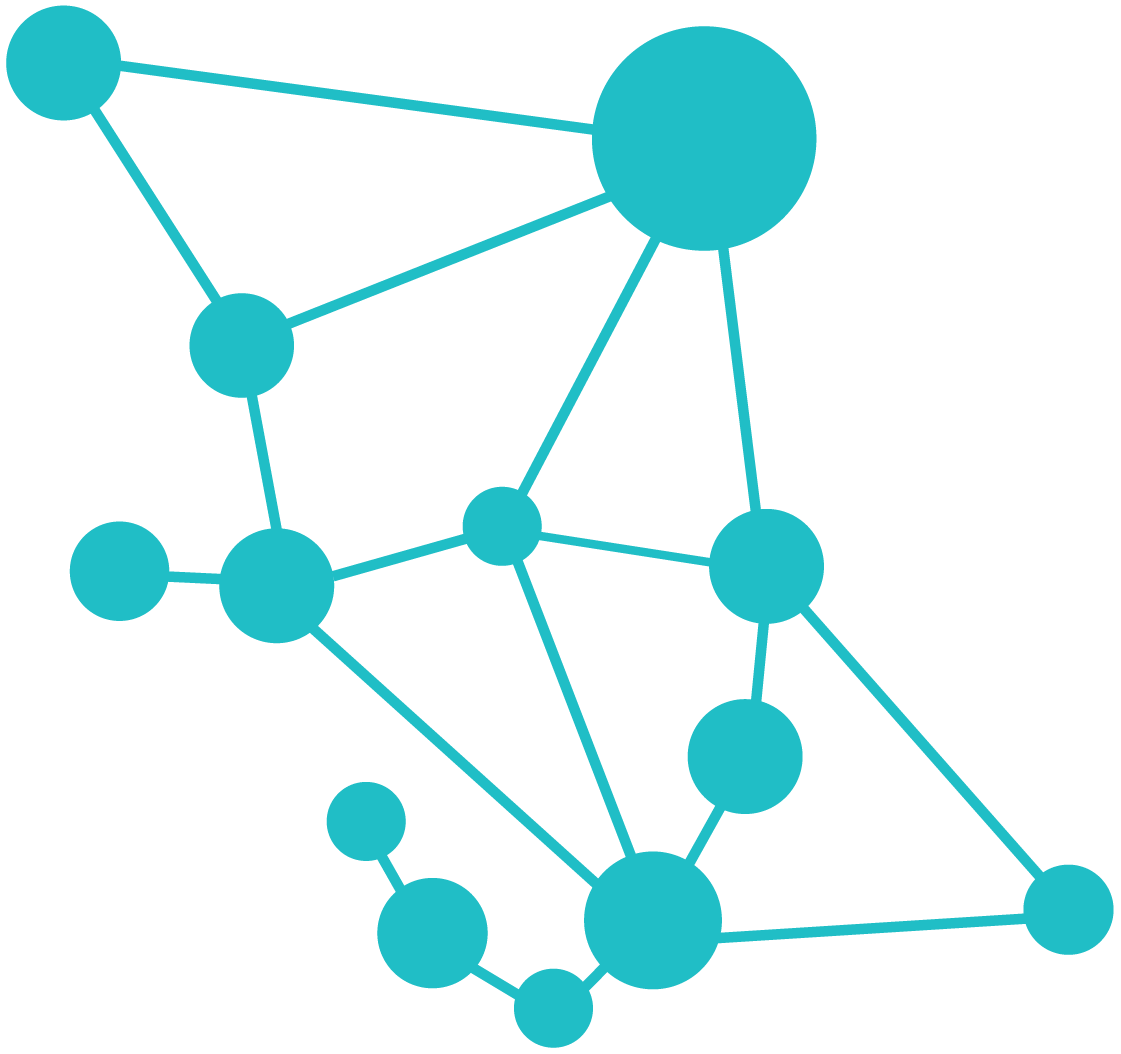The Provincial Mental Health and Substance Use Network (the Network) aims to understand and address long standing system-level challenges experienced by people in British Columbia (BC) with complex mental health, substance use (MHSU), and other issues.
The Network is grounded in a person-centered, evidence-based approach and is designed to bring together and mobilize a wide range of perspectives, including people with lived and living experience (and families), service providers, decision makers, leaders, academics and others working to support people with complex mental health and substance use and other issues across the continuum of care in B.C.
In the context of a fragmented, complex system of care, generating innovative solutions to better meet people’s needs requires input from diverse perspectives along the continuum of care.
Innovation may occur through the simple incremental processes of knowledge translation and exchange. This is fundamentally embedded in relationships, and networks can be designed to accelerate it. The Network connects people with diverse perspectives, expertise and insights – dynamically and over time - to create opportunities for continued connection, dialogue, exchange, synergy and reflection, thereby accelerating the co-creation of innovative, actionable solutions.
The Network elevates the perspectives of people with lived and living experience, and continuously engages to ensure its initiatives incorporate their identified needs, with those of funders and provincial ministries. We co-develop actionable, innovative recommendations with diverse stakeholders, which drives scalability and optimizes impact.
- identify unmet needs experienced by individuals with complex mental health, substance use, and other needs
- foster active participation, connection, and collaboration among diverse stakeholders across sectors, disciplines, regions, and perspectives
- facilitate knowledge translation and exchange by sharing experience, expertise and insights to co-develop actionable, innovative recommendations
- promote evaluation, continuous learning and improvement to enhance service planning and the delivery of services and supports

The Network supports the Provincial Mental Health and Substance Use ECHO (Extension for Community Healthcare Outcomes) which is a virtual learning and mentorship program for service providers working with people with complex mental health, substance use and other needs. Sessions include short presentations, scenario and case-based learning, and discussion opportunities. Please visit the webpage for the Provincial Mental Health and Substance Use ECHO for more information or to register for future sessions.
Dialogue + Action (D+A) sessions are designed to foster knowledge translation and exchange through dynamic collaborations. The in-person sessions connect people across the mental health and substance use continuum of care and are held in each of the geographic health regions across B.C. Participants include people with lived and living experience, service providers, decision makers, leaders, academics, and others. These sessions aim to understand regionally specific issues by promoting a 360-degree perspective for the co-development of innovative solutions for system improvements.
The Network works in partnership with a
6-member team (PDF) of lived experience advisors and partners (LEAP) whose wisdom, expertise and passion guide the Network’s activities. Their leadership is critical to ensuring that the preferences and perspectives of people with lived and living experience are recognized, prioritized and enacted. The team identifies and prioritizes issues and unmet needs. These insights are augmented with additional focus groups (see below), to ensure robustness, geographic representation and diversity of perspective.
One of the primary aims of the Network is to gather diverse perspectives and insights. The Network conducts focus groups as an opportunity for people with lived and living experience to share their perspective and experience, related to unmet mental health and substance use and other needs (i.e. transitions between services, housing and related supports, and person-centred care).
The valuable contributions of both LEAP and focus group participants are uniquely reflected, in their voice, through the LEAP reports, which aim to synthesize the preferences, perspectives, and recommendations to guide Network activities.
The Network operations team, including two lived experience strategic advisors, collectively brings a wealth of relevant expertise and experience to this work. They plan, organize and facilitate all engagements as well as contribute to the analysis, summary and development of a variety of knowledge products to meet the needs of the Network, its partners and collaborators.
Network news
The Network produces a quarterly newsletter to highlight recent contributions to the ongoing needs assessment, knowledge translation and exchange, and innovation as well as to feature upcoming opportunities.
- Learning About Unmet Needs From The Experts – Learning from people with lived and living experience of complex mental health, substance use and criminogenic needs to identify innovative solutions for systemic gaps. (Oral Presentation, IAFMHS Conference, San Francisco, June 2024)
- Network approach to addressing the system level gaps in care for people with complex mental health and substance use needs (Oral Presentation, Canadian Public Health Association’s Public Health Conference 2024, Halifax, April 2024)
-
Building System Capacity to Better Address System-Level Challenges Experienced by People with Complex MHSU, and Other Issues (PDF poster, Canadian Centre on Substance Use and Addiction's 2023 Issues of Substance Conference, Vancouver, November 2023)
-
Bridging the gap: Engaging end users to address system-level gaps for people with complex MHSU needs (PDF poster, MetaECHO Global Conference, New Mexico, September 2023)
-
Redefining expert: Meaningfully engaging people with lived and living experience (PWLLE) into ECHO (PDF poster, MetaECHO Global Conference, New Mexico, September 2023)
-
Recommendations to Improve Navigation of Mental Health and Substance Use Services (video, starts at 55:05) (Oral Presentation, Canadian Healthcare Navigation Conference, virtual, April 2023)
-
Using the network to better support people with complex needs (Oral Presentation, BCMHSUS Concurrent Disorders Conference, virtual 2022)
